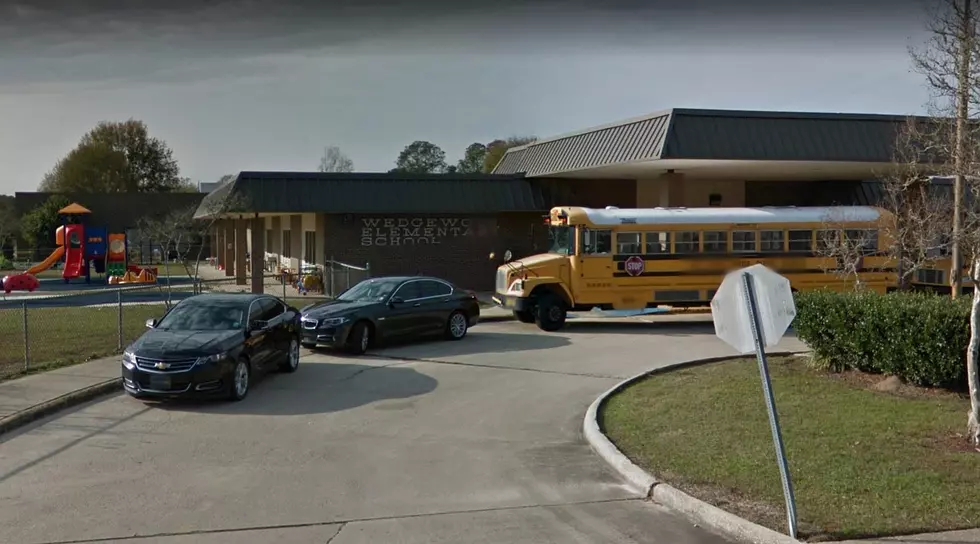
Contact Tracing and Why it Works Explained
Over the past several weeks, or has it been months, we've learned a lot of really cool terms as part of our education about the coronavirus pandemic. Pandemic is one of those terms, flattening the curve is another, and now contact tracing is set to take center stage in our battle against the COVID-19 bug.
If you're a person who values their privacy then contact tracing might make you a little nervous. But, the procedure and protocols associated with it have been very successful in the mitigation of other infectious diseases such as Ebola, SARS, and even HIV.
Contact tracing works like this. A trained "investigator" will ask an infected person questions about where they have been, who they have seen, and other questions that will help to establish a general overview of who may have been in contact with the infected individual.
The contact tracer will then seek to identify those who may have been contacted by the infected. This could be anyone from an immediate family member to a store clerk, co-worker, or fellow shopper. The contact tracer will then inform those individuals of their exposure.
In many cases, the contact tracer will suggest that a person who has been in contact with an infected individual quarantine themselves and get tested for the infection. This methodology has proven to be very successful in mitigating the spread of many troublesome maladies. It should work very well in the mitigation of the coronavirus as well.
Countries like South Korea and New Zealand were very aggressive in their contact tracing efforts and the proof is in the results of how quickly those nations were able to move forward out of the pandemic.
Sure, the process does come with its own set of issues. There's a possibility of scammers pretending to be contact tracers and there's always the possibility of misguided or misinformed responses to the contact tracing request.
The bottom line appears to be this. The plan works when worked properly. We need to follow the advice of the healthcare community and then be proactive in protecting our own health as we return to a more normal way of life.
Oh, one more thing, the state is hiring about 700 contact tracers as we speak. If you need a job, this just might be what you've been looking for.
KEEP READING: These are the top 6 scams connected to the pandemic
More From 97.3 The Dawg









